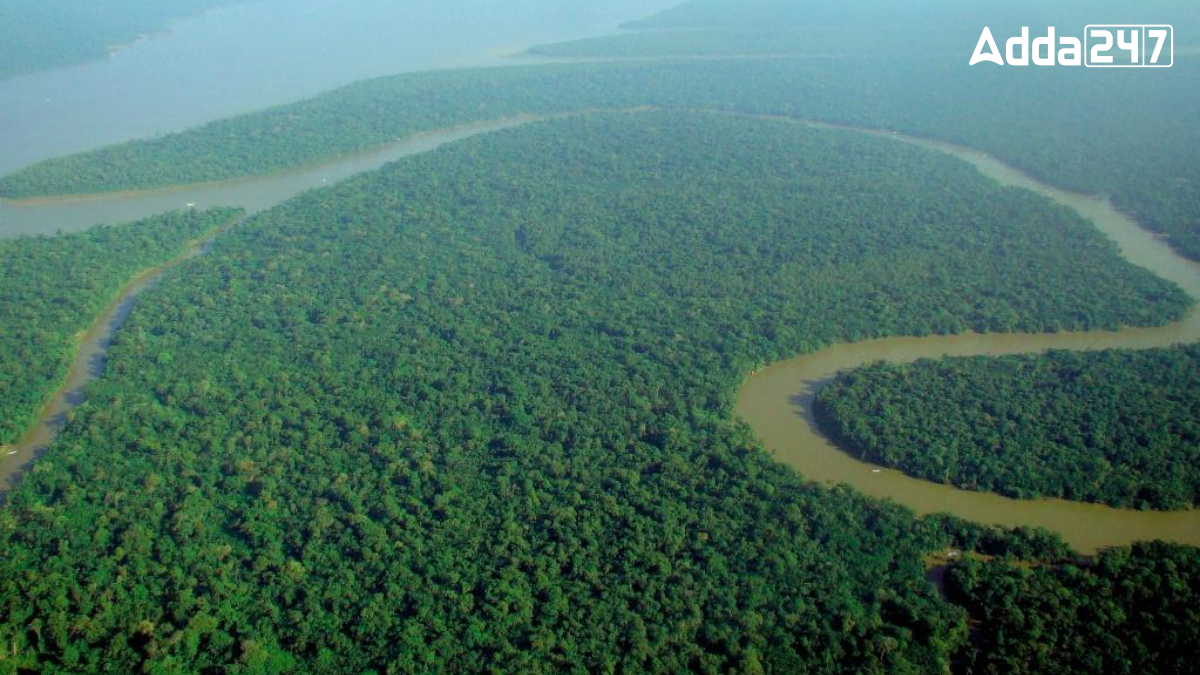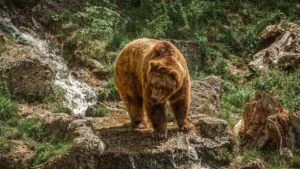Our planet has many forests that play a big role in keeping the air clean and maintaining the balance of nature. Some forests are so important that they help produce oxygen and absorb carbon dioxide, making the Earth a healthier place to live. One such forest is often called the “Lungs of Earth” because of its vital role in supporting life. Do you know which forest it is?
Which Forest is Known as the Lungs of the Earth?
The Amazon Rainforest, located in South America, is called the “Lungs of Earth” because of its major role in producing oxygen and absorbing harmful gases like carbon dioxide. It is home to a rich variety of plants and animals, making it one of the most important natural areas on the planet.
Why is Amazon Rainforest Known as the Lungs of Earth?
The Amazon Rainforest is called the “Lungs of Earth” because it produces oxygen and absorbs carbon dioxide, helping it to keep the air clean and support life on our planet.
Oxygen Production
The Amazon Rainforest produces about 20% of the world’s oxygen. Tress and plants take in carbon dioxide and release oxygen, which is essential for all living beings to breathe.
Carbon dioxide Absorption
The Amazon Rainforest helps slow down climate change by absorbing large amounts of carbon dioxide. This process, known as carbon separation, helps reduce global warming and keeps the air clean.
Rich Biodiversity
The Amazon is the most diverse region of Earth. It is home to millions of plant and animal species, including jaguars, macaws, anacondas and countries insects. Many of these species are found nowhere else in the world.
Where is the Amazon Rainforest Located?
The Amazon Rainforest covers parts of nine countries in South America. Most of it is in Brazil, but it also spreads across Peru, Colombia, Bolivia, Ecuador, French Guiana, Guyana, Suriname and Venezuela.
Significance of Amazon Rainforest
The Amazon Rainforest is a vital part of the Earth’s ecosystem. It helps maintain the balance of nature, supports life by providing oxygen, and plays a major role in controlling the climate. Protecting the Amazon is necessary for a healthier planet and a better future for all living things.









 Weekly One Liners 03th to 09th of Novemb...
Weekly One Liners 03th to 09th of Novemb...
 Top-10 Largest Bears in the World, Check...
Top-10 Largest Bears in the World, Check...
 Why there is No Nobel Prize for Mathemat...
Why there is No Nobel Prize for Mathemat...







